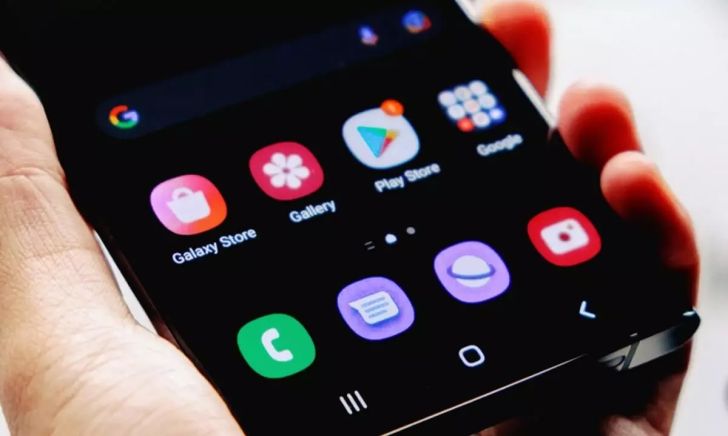
The Digital Markets Act, enforced by the European Union, is changing how Apple goes around many things, such as not letting developers contact app users outside the App Store. As per a directive from the EU, Apple is also expecting to allow third-party app stores on iOS devices, such as iPhones and iPads. However, the latest reports suggest the Cupertino-based tech giant could also enable sideloading apps on its devices, which is a big step away from what the company has practiced for years.
iOS 17.2 Beta’s Code Contains References To Sideloading

According to a report by 9To5Mac, iOS 17.2 beta comes with Managed App Distribution. Since then, Apple has published an official document explaining that managed apps are featured, downloading apps that an “enterprise, educational or other institution provides to its employees or students.” As an explanation to developers, the company writes that the “you app provides a place for your organization to vend these managed apps,” implying that some developers if they fall in the category, could distribute certain apps.
Hence, even though this is sideloading (technically), it will be limited to Mobile Device Management. It won’t be a feature that users could turn on or off. Instead, it will enable managers to push certain apps related to someone’s professional workflow. Remember that this is just an example; the framework has been spotted in a beta version of iOS. Hence, there’s a chance that Apple could make specific changes before the final version comes out as part of a stable iOS update.
However, since the publication also found a regional lock in the code, there’s a chance that the company could release sideloading for specific regions if not all.
What Is App Sideloading?

Every smartphone manufacturer relies on an operating system. The operating system, whether Android or iOS, has a default app store for downloading and installing apps. While Android devices have the Google Play Store, Apple’s devices have the App Store.
Apart from providing a platform for distributing apps, these online stores also perform several security checks before floating an app for the general public. However, sideloading apps implies installing programs from third-party sources.
Over the years, Android and iOS have followed a different approach to sideloading. While Android allows users to use apps from third-party sources, such as websites, Apple doesn’t let iPhone or iPad users do the same, citing security issues.
This enables the company to have better control over the App Store and ensure that only purposeful apps are available online. However, the DMA sees this as an unfair advantage that the company uses to completely control what goes on the App Store and what does not.
You can follow Smartprix on Twitter, Facebook, Instagram, and Google News. Visit smartprix.com for the most recent news, reviews, and tech guides.






